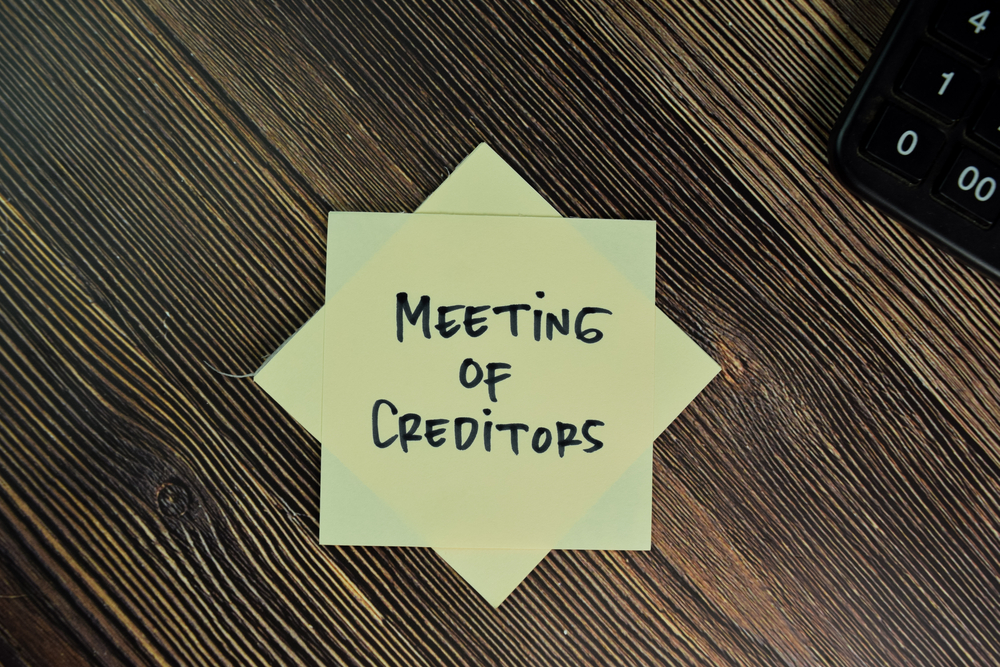
Whether you file for Chapter 7 or Chapter 13 bankruptcy, one step on the route to discharge is the 341 hearing. Also referred to as the meeting of creditors, the hearing is designed to confirm the details in your bankruptcy paperwork and explore the potential for a debt repayment plan.
That might sound rather daunting, but in the vast majority of bankruptcy cases, the 341 hearing is a quick, routine proceeding. Here, we explain what you need to know.
You Must Attend the 341 Hearing
A few weeks after you file for bankruptcy, the court will set a date for the hearing – and attendance isn’t optional. Section 341 of the U.S. Bankruptcy Code requires debtors to appear at the meeting of creditors, and failing to show up could result in the dismissal of your case.
Your Creditors Likely Won’t Attend
All of your creditors will receive notice of the 341 hearing, and they have the right to participate. However, the chance of that happening is rather low, as the cost involved typically outweighs any possible benefits. Also, any creditors who have an objection to a debt discharge can file a motion with the bankruptcy court instead of attending the hearing.
A Bankruptcy Trustee Will Preside
Contrary to what you might expect, the bankruptcy meeting of creditors doesn’t involve a judge. Nor does the proceeding take place in a courtroom. Instead, a bankruptcy trustee will conduct the 341 hearing, and the location is normally a meeting room at the courthouse or an offsite federal office building.
You’ll Need to Answer Questions
The bankruptcy trustee will have questions they are required to ask at the meeting of creditors, most of which are meant to verity that the information you provided in your bankruptcy paperwork is accurate and complete. The trustee may also have other questions about your assets and liabilities. Before you answer, you’ll be asked to swear an oath to tell the truth – and being completely honest and forthcoming is in your best interests.
As with all bankruptcy-related matters, an experienced attorney is your best source for information about the 341 hearing. And if you’re in Salt Lake City or the surrounding northern Utah area, the Law Office of Davis & Jones, P.C., can advise you on the types of questions you can expect and how to prepare for the bankruptcy meeting of creditors.
Our legal team is also here to help you with every other step of the bankruptcy process, giving you the expert guidance you need before filing all the way through to the discharge of your debts. And since our attorneys have more than 40 years of combined experience in personal bankruptcy filings, you can count on us to help you achieve the best possible legal outcome. This includes helping you stop a Utah foreclosure, stop garnishments, repossessions and harassing creditor calls.
For more information on the 341 hearing – and the advice you need to handle the meeting of creditors with confidence – contact our Salt Lake City office to schedule a free consultation with a bankruptcy attorney today.